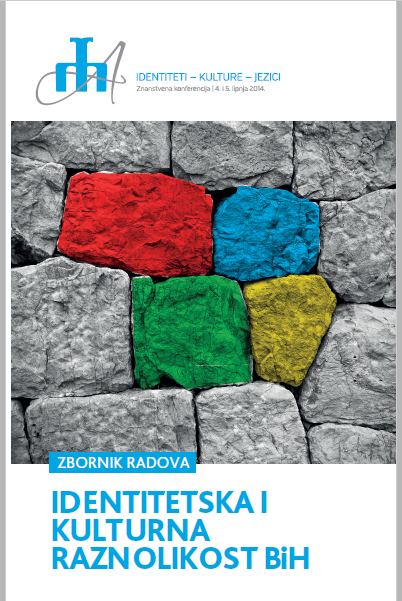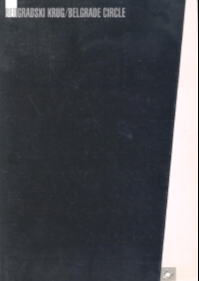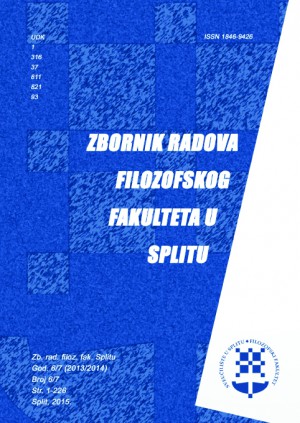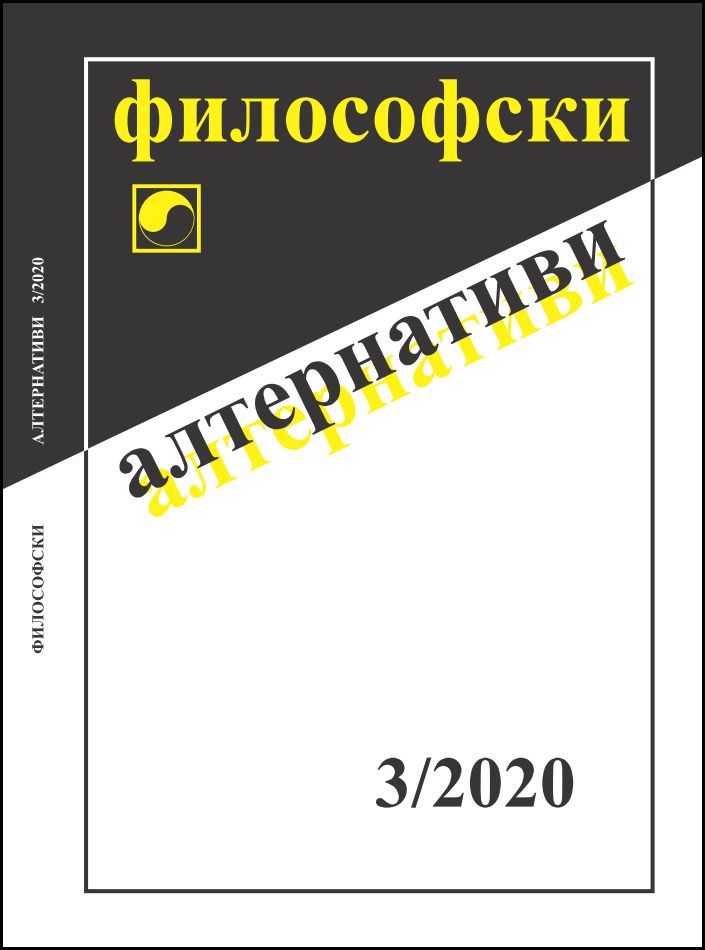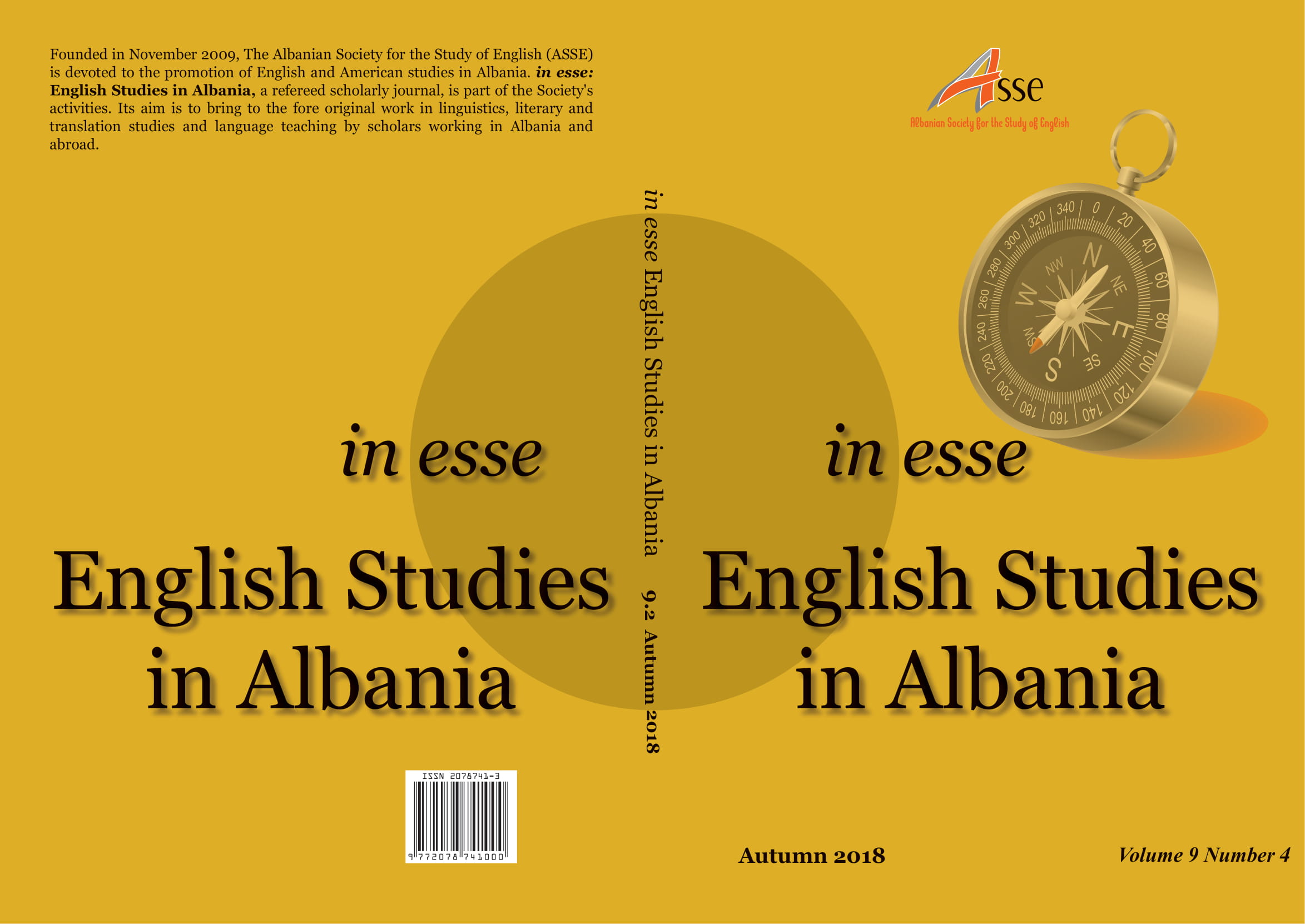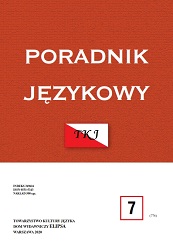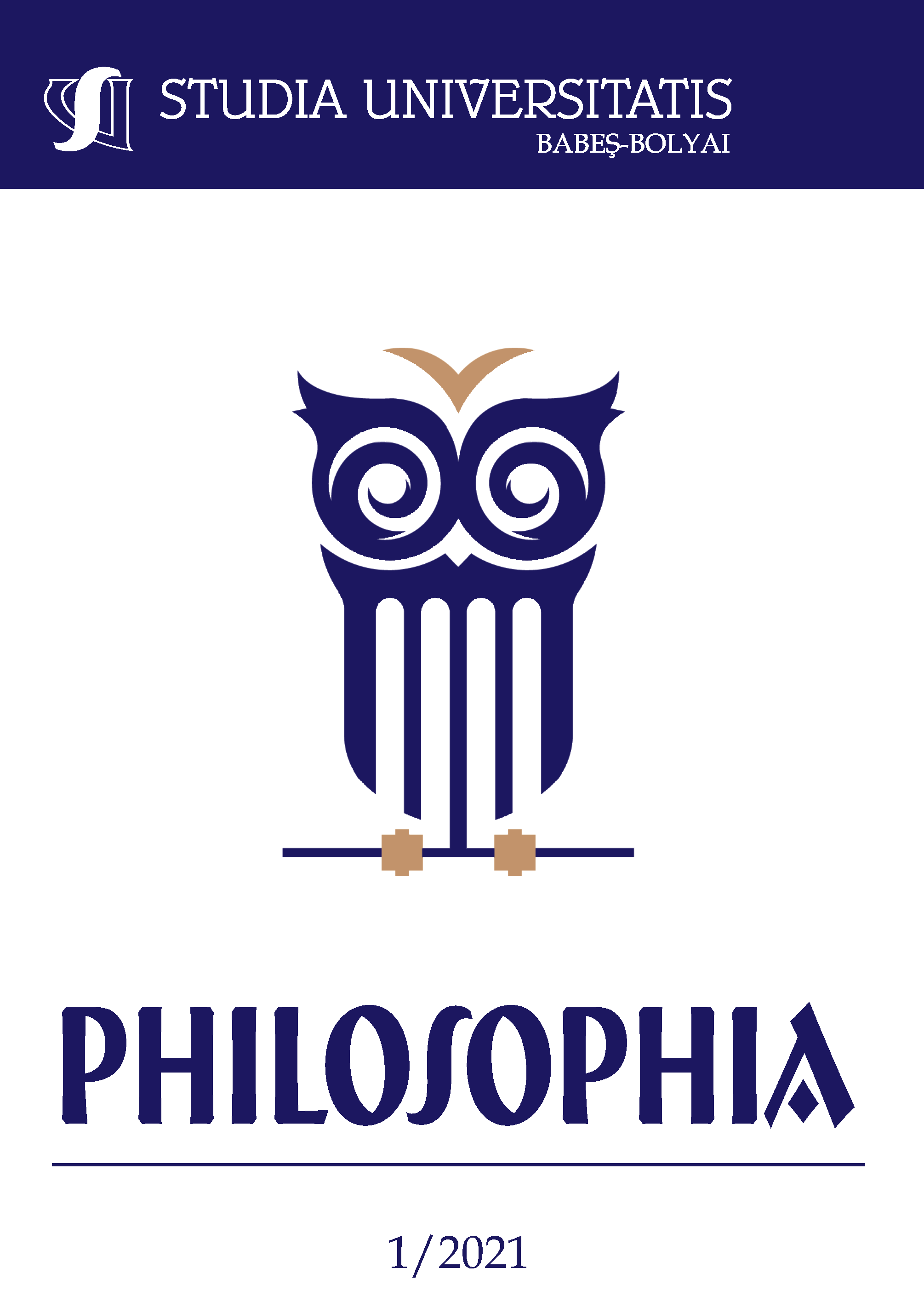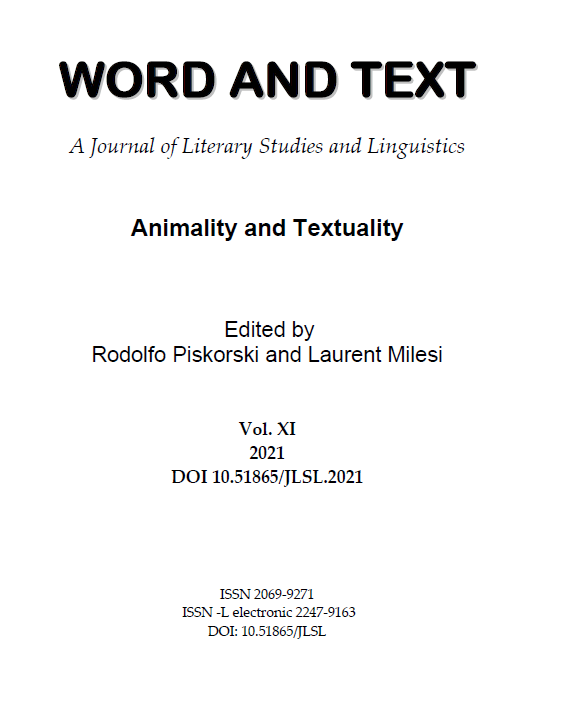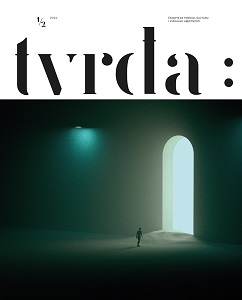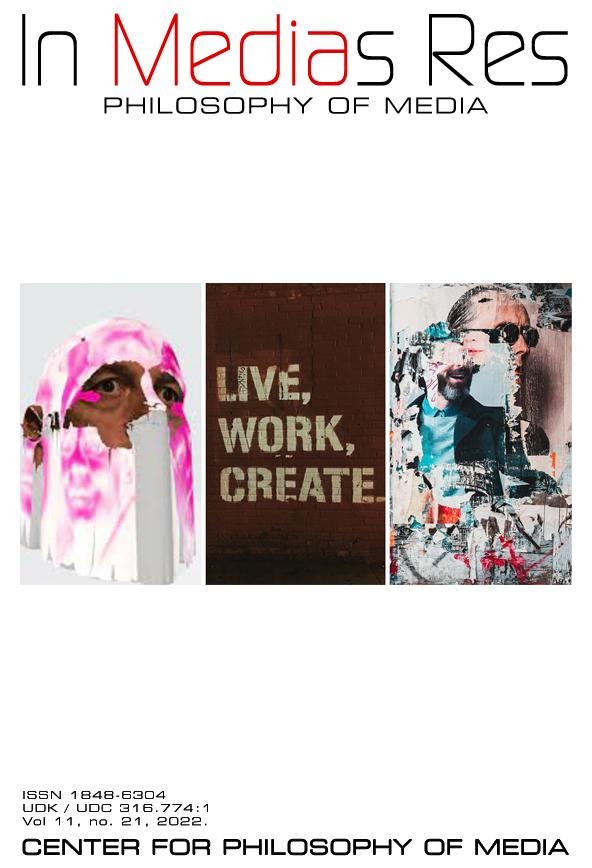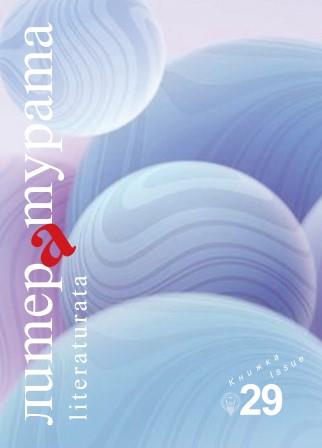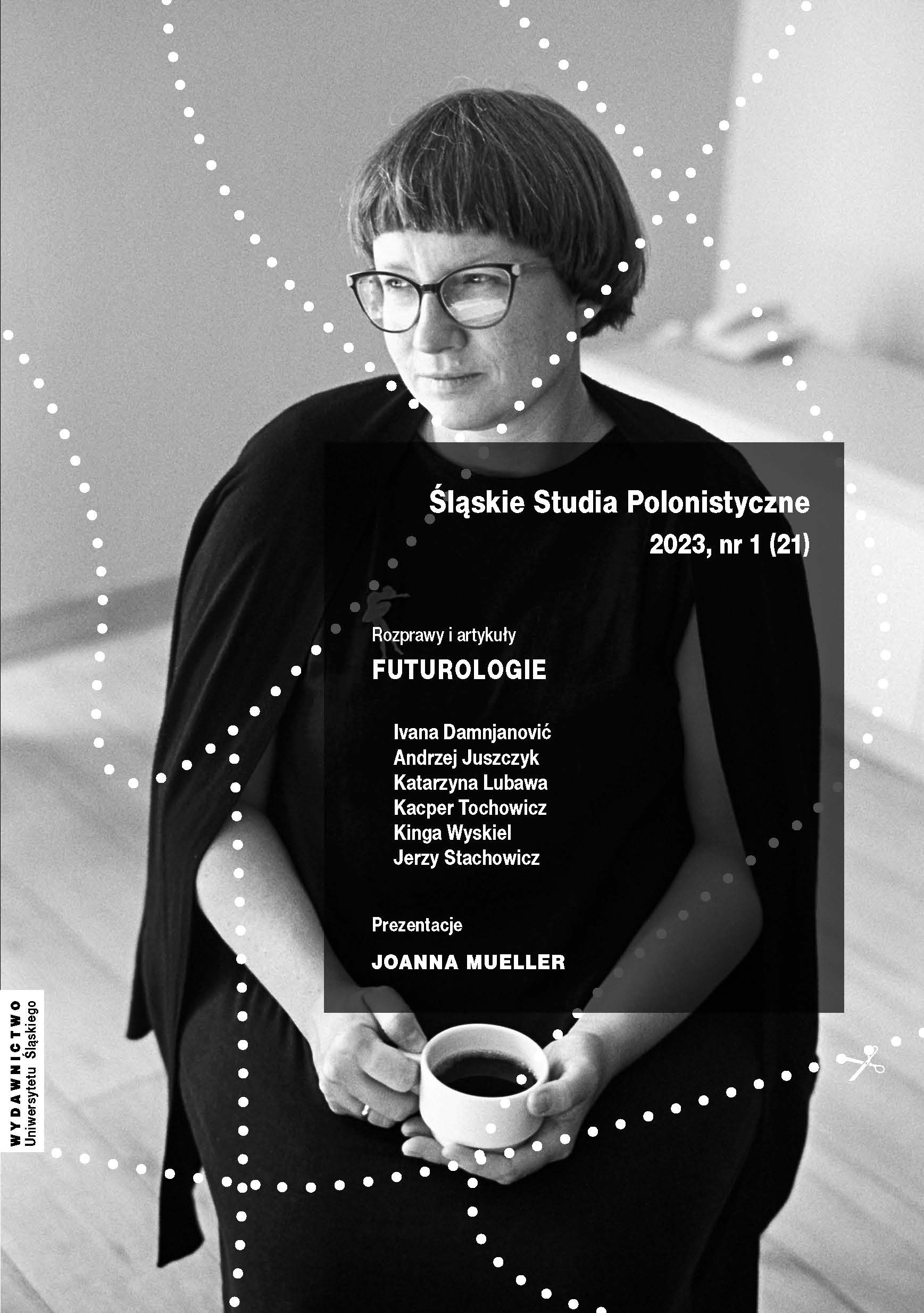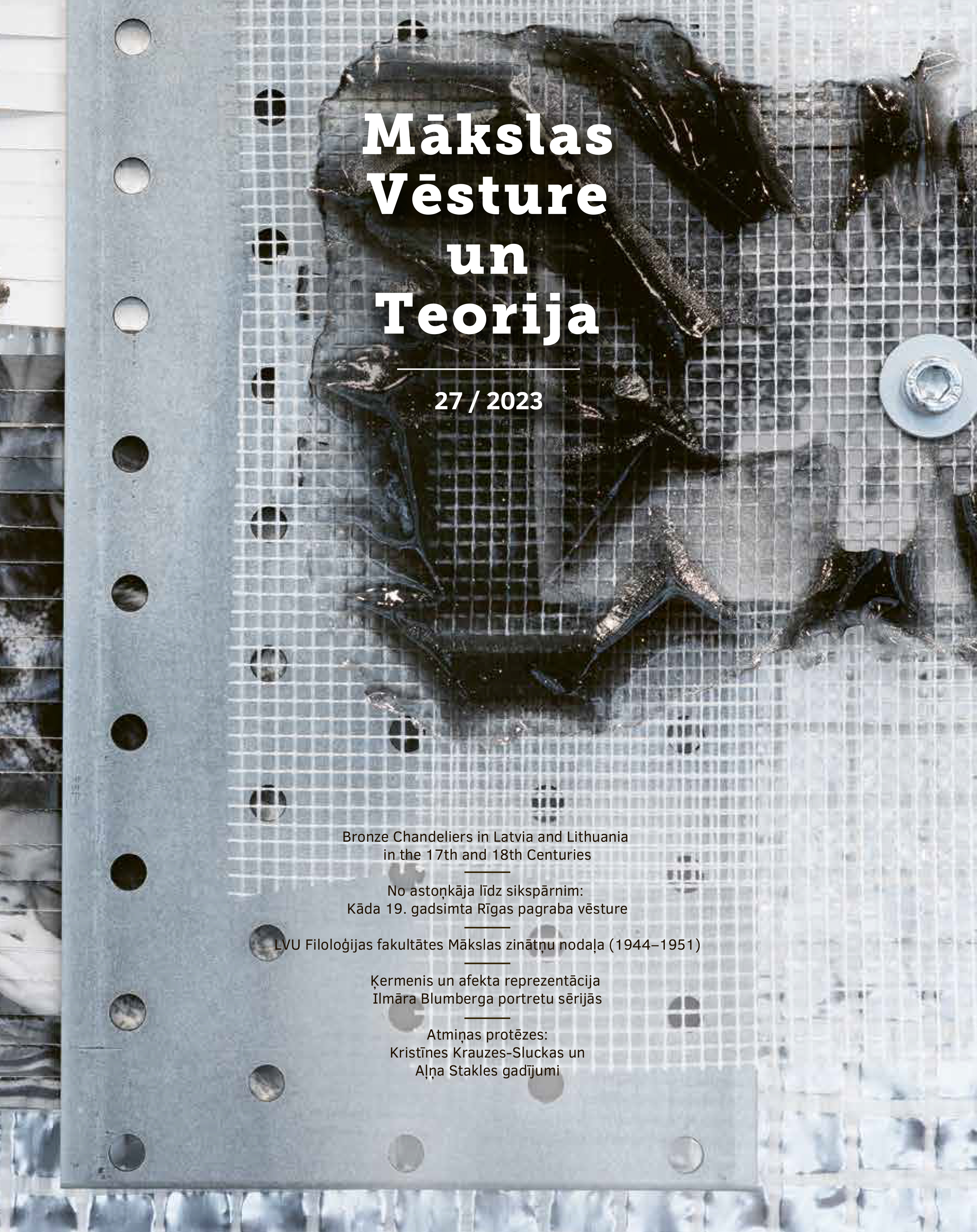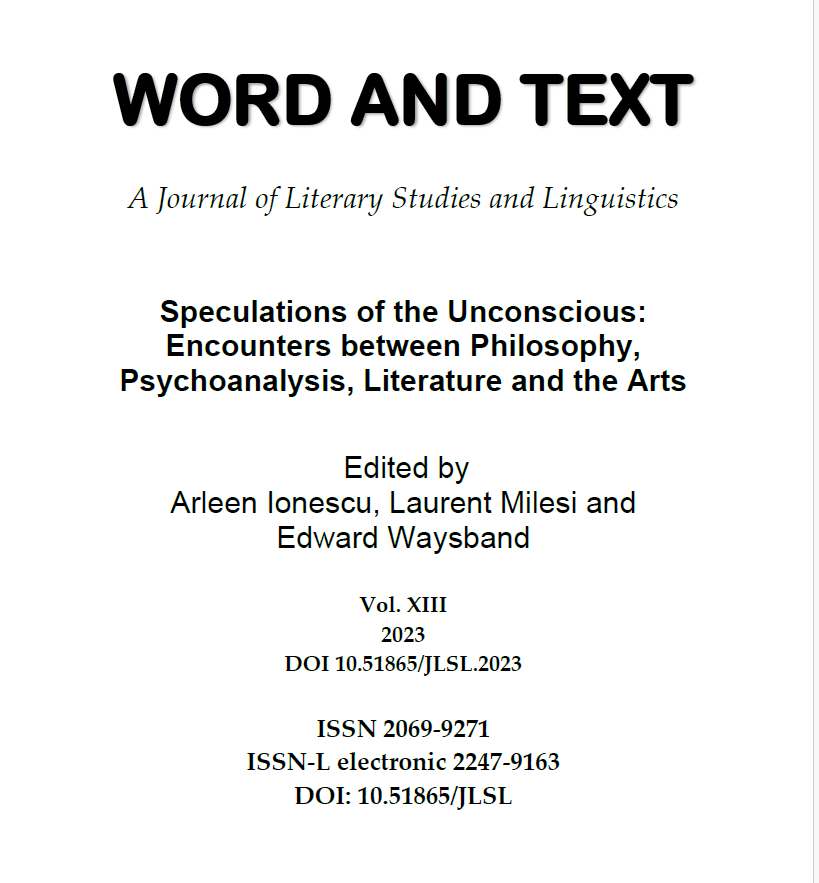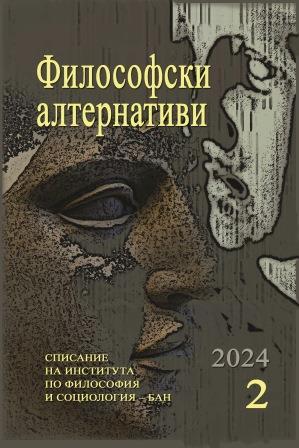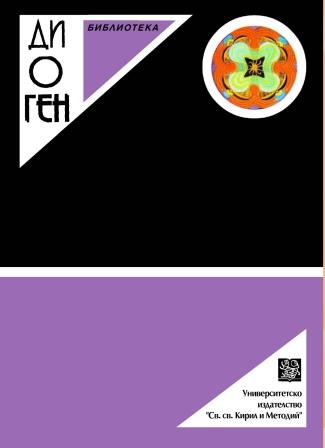Author(s): Iveta Feldmane / Language(s): Latvian
Issue: 27/2023
The article analyses painter, graphic artist and stage designer Ilmārs Blumbergs’ (1943–2016) artworks in which he thematises the body as his intimate space subject to finality and death. Besides existential and intellectual issues, Blumbergs has always been interested in human physical existence in art. Searches for the meaning of the body and bodily states are an important theme in Blumbergs’ art. The author interprets Blumbergs’ self-portraits as imprints of his individual experience. They embody the transformations of the portrait genre in Latvian art since the 1980s; thus in his case, the traditional boundaries of the genre are significantly expanded. Affect theory as a critical discourse in the social sciences and humanities surged in the mid-1990s. This article deals with affect theory and the possibilities of using it in the interpretation of artworks. The author provides a brief insight into the history of studying affect, the meaning of the terms affectus and affectio in the shaping of two paradigms in this theory: affect as an elementary state and affect as an intensive power. The article emphasises those facets of the theory which relate to the body, bodily reactions as well as aspects of the artwork’s creation and perception. Several theoretical approaches of how to view an artwork through the prism of affect theory have been examined in the article. Focusing on the aspect of the affect’s working and influence, the French philosopher Gilles Deleuze (1925–1995), in collaboration with the philosopher and psychoanalyst Felix Guattari (1939–1992), developed the theoretical trend of affect as an intensive force, and this perspective seems to be the most appropriate for the research of art. According to Deleuze’s and Guattari’s philosophical stance, affect is a result of the clash between organic or inorganic bodies; it is also present in the artwork as a peculiar aesthetics of materials and forms where colouring, surface texture, mass and volume are significant. Considering the mutual connection between affect and body, the article outlines several conceptions of the body identifiable in Blumbergs’ art, including body as a space where the battle for survival takes place, and the performative body as a constituent part of the artwork. The author takes up the interpretation of works titled “Me Myself in Strontium Radiation” (2010–2012) and “My Head in Strontium Radiation”, concluding that Blumbergs’ body in “Strontium” works is real, corporeal and affected by external conditions, while at the same time being abstract too. Material and abstract features are united in the context of affect studies. In other words, the body depicted in the artwork and related to the affect can be viewed as an indivisible unity embracing both spiritual and material substances. From the perspective of Deleuze’s affect theory defining affect as an intensive force, the idea of active matter comes to the fore. Strontium radiation depicted in Blumbergs’ paintings is a representation of “expressive” matter. The author invites viewers to spot connotations of affect and bodily reactions in several of Blumbergs’ works. In the performance “The Drawings are in the Box” (2003), the artist has used his body as a part of the artwork. Equipped with sheets of paper, charcoal sticks and loose charcoal, the artist drew lines and scratches with his naked body, leaving traces on the plane of the paper. Creating a soundtrack was important for this performance. Alongside other associations, emotions and reflection possibly caused by this artwork, the viewer (listener) could have quite an affective reaction of goosebumps caused by such a sound. In the series of photographic portraits “House-Keeping” (2002) Blumbergs has captured himself and his closest associates, emphasising the process of aging. In these photographic works he stresses the biological nature of the human body, its inescapable finality that is the main bodily limitation experienced by everyone. Body and ash as a metaphor or tangible matter is revealed in ten large-sized photographs, portraying a man’s body and skin that was part of the multi-media exposition in the exhibition “A Prayer for Seeing” in the Riga Gallery in 2004. The motif of ashes has a special place in Blumbergs’ art as a connection with his friend Imants Tilbergs (1939–2023) who was Blumbergs’ model or alter ego in most photographs as well as in the short films “Man” (2004), “Room” (2007) and “Ashes” (2010). In the film “Man”, Blumbergs created a peculiar human portrait in the interior. Blumbergs himself and Tilbergs are doing performative actions but the shabby room with dusty furniture and a rundown sofa serve as a static background for naked male figures, briefly entering the shot in a disorderly and unexpected manner. The film lasts no more than a few minutes but its viewing demands concentration from the spectator who is confronted with a rapid change of shots and a sudden noise able to cause anxiety by the means of image and sound. Therefore, besides the thematisation of the body, one can speak about yet another point of intersection between affect and art in the context of this video – the artwork’s ability to cause not only certain emotional states but also to affect the viewer directly. The author concludes the article with at least three conceptions of the body emerging in Blumbergs’ art. Firstly, this is the body as an inner, closed space where the ongoing processes are captured. Secondly, representation of the body as it interacts and connects with other bodies, with space and the outer world. Thirdly, the body as a constituent part of the artwork, meaning its direct involvement in the artwork as a performative act. Discussion about affect in the context of Blumbergs’ art is significant because spiritual and bodily dimensions, the latter unfortunately and inevitably encountering illness, are equally manifested in his art.
More...

